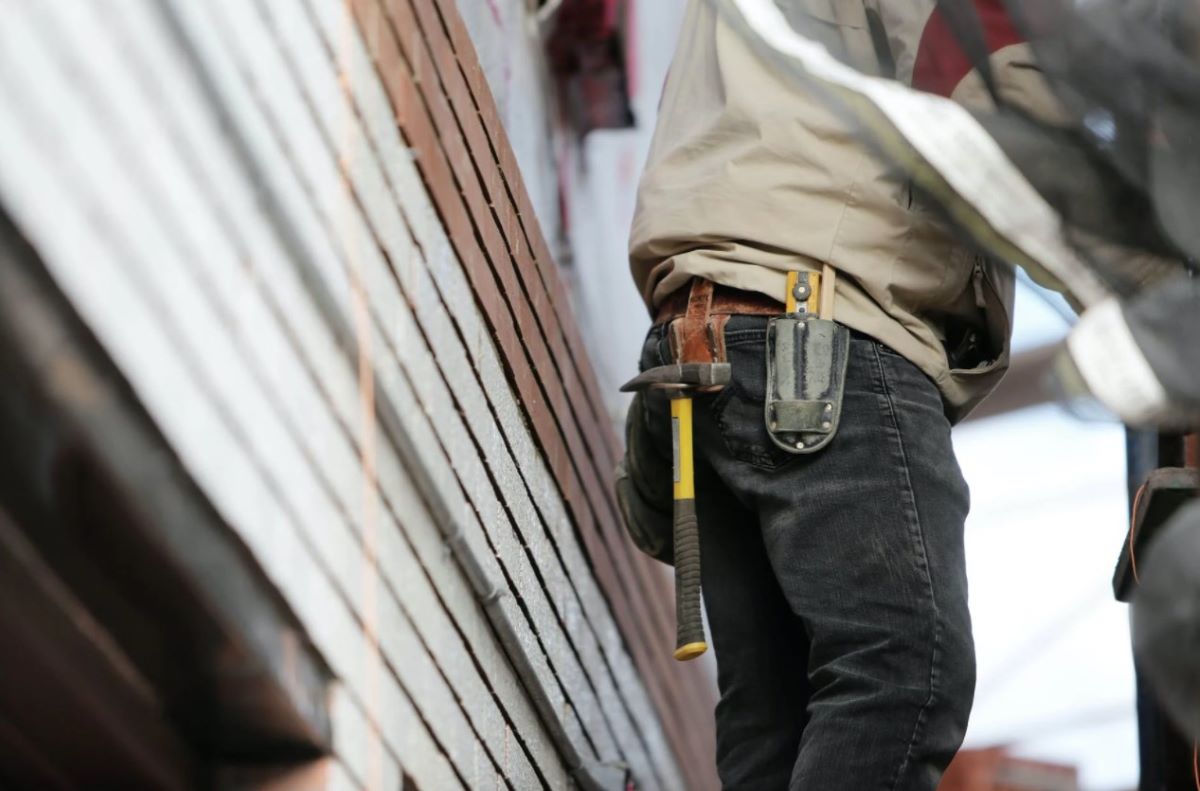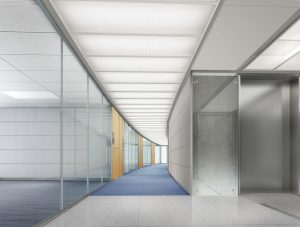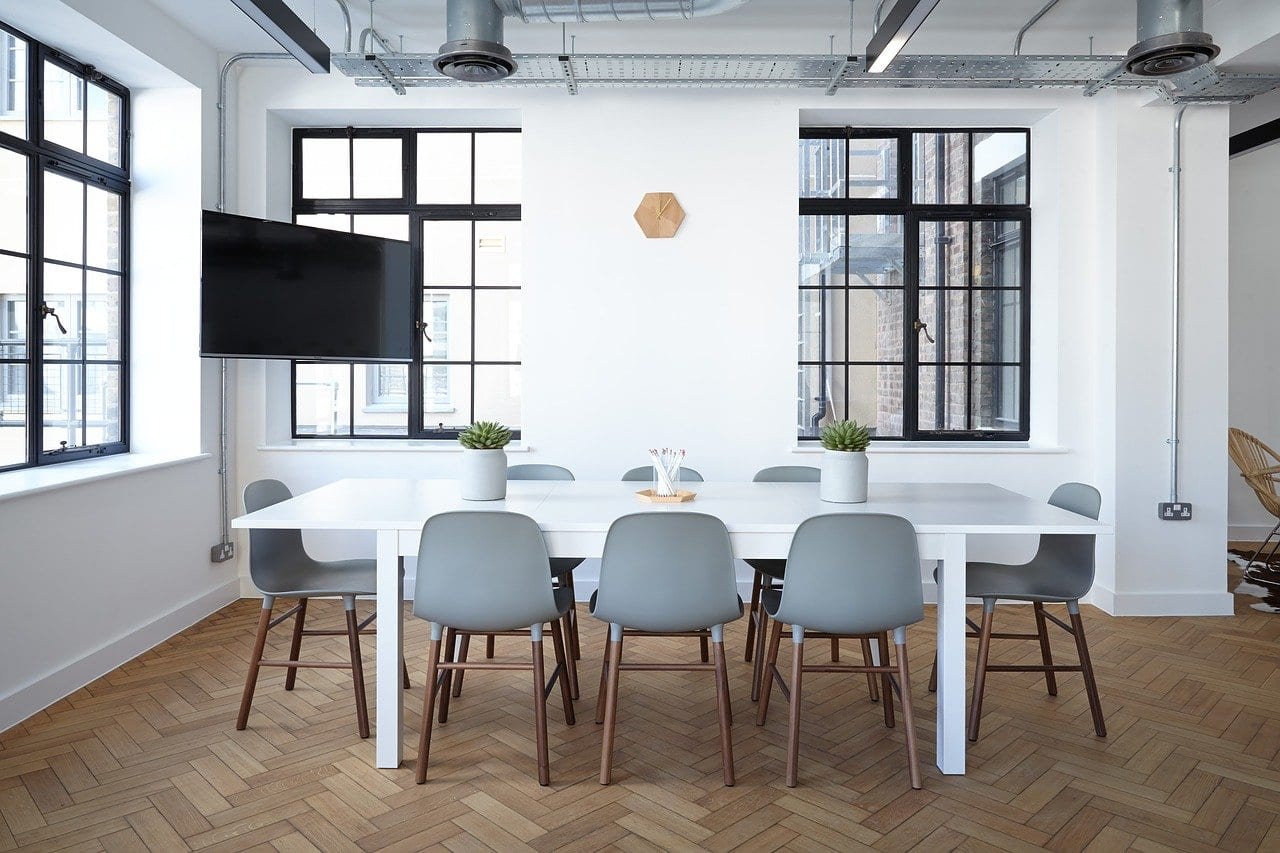Commercial Building Maintenance Tips

Audit Your Energy Consumption
An energy audit of your commercial building is important to establish where you can lower your costs.
Energy costs are often one of the biggest overheads for commercial building owners, so doing an energy audit is a good way to determine what is eating up your budget.
An energy professional will carry out an inspection of your building and will determine where costs can be lowered, such as:
- Swapping old lightbulbs for energy-saving alternatives
- Repairing insulation around doors and windows
- Replacing window glass
- Replacing roof insulation and more
An energy audit will also allow you to determine whether your tenants are happy with and comfortable within your building.
Fix Your Fixtures
Another important part of commercial building maintenance of simple things, like the fixtures. You can use preventative maintenance software to help you keep track of what needs to be done and when.
Leaving damaged fixtures to sit will lead to more accidents and damage to the building. Damaged fixtures like broken lights, door handles, small windows, or damaged doors can make the building look shabby too.
Make sure you replace these fixtures when they need it to avoid a backlog of work and annoyed tenants.
Conduct A Monthly Safety Audit
Another major priority for your maintenance should be safety mechanisms and fixtures.
When it comes to an emergency, these safety fixtures need to be in full working order to avoid accidents and lawsuits.
Safety fixtures include things like emergency lighting systems, emergency exit signs, emergency doors, and fire detector systems.
Make sure you carry out a monthly audit of these safety mechanisms to make sure that they are all operating correctly.
Prioritize Remodeling
Remodeling can go a long way to keeping your property looking modern and well-kept. This is what your tenants pay you for too.
Keep your commercial property in the same condition as you would your home. If remodeling work is needed, get it done.
Replace ripped carpets, repaint chipped or peeling walls or ceilings, and refresh the building’s exterior with fresh paint at least once a year.
There are just some of the basic maintenance and remodeling requirements for any commercial building.
Stay On Top Of Pest Control
One of the worst issues to deal with when it comes to any commercial property is a pest infestation. This can cost you a lot of money in extermination, as well as having to temporarily remove tenants while you deal with the problem.
Keep in mind that even if your tenants haven’t complained about pests, this doesn’t mean there isn’t an issue. Stay on top of pest control by carrying out a pest audit with a professional at least once a year to keep pests at bay.
Eliminate Fire Hazards
One of the most devastating hazards which faces any property owner is the potential for a fire to break out. The only way to avoid a fire breaking out is to identify and eliminate all fire hazards throughout your property.
Do routine checks on smoke detectors throughout the building once a month. Replace the batteries once a year.
Make sure all fire exit doors are fully operational and passageways are kept clear. Make sure each floor of the building is equipped with fire extinguishers.
Keep Your Backup Generator Firing
Stagnant parts in a backup generator can spell disaster. As these parts remain motionless, air can get into the unit injector solenoid and render your generator useless. All emergency generators should be started for at least five minutes, once a week, in order to rev all the moving parts and keep things alive.
Transfer load testing should generally be done once a month, while a scheduled full load test should be carried out every year.
Prioritize Maintenance Of Facilities And Utilities
Staying on track with the full function of your building’s facilities is an essential part of keeping your tenants happy.
These facilities include things like elevators, escalators, public bathrooms, staff rooms, and HVAC units.
You should carry out a monthly inspection of the operation of all of these facilities to prevent accidents and maintain the high quality of your commercial property.




